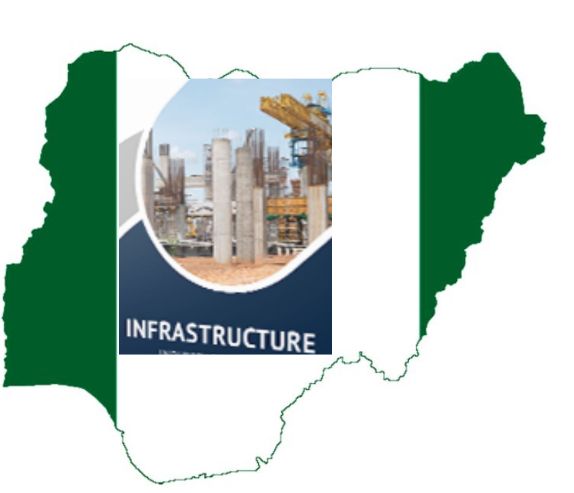NIGERIA'S INFRASTRUCTURAL PROJECTS AND THEIR CONTROVERSIES
Published on 19 May 2025
Nigeria\'s infrastructure development endeavors, crucial to the nation\'s advancement, are frequently hampered by controversies stemming from inefficiency, corruption, and mismanagement. These challenges comprise bureaucratic red tape, political interference, funding constraints, and security risks, which often undermine the potential benefits of these projects. Moreover, legal complexities, outdated laws, and inadequately drafted contracts exacerbate the issue, resulting in project delays, cost overruns, public disillusionment, economic deceleration, and social disruptions.

Public infrastructure projects are vital to Nigeria\'s development, promoting economic growth, improving the quality of life, and serving as the backbone of national development. Encompassing roads, bridges, water supply systems, energy facilities, hospitals, and power plants, these projects are fundamental to the nation\'s growth. Nonetheless, they are confronted with challenges that influence their success.

Investments in lifelong infrastructures are critical for economic growth, employment creation, and social cohesion. In Nigeria, however, the attainment of infrastructure objectives is often hindered by a Byzantine web. The country\'s ambitious plans for modernizing its infrastructure frequently encounter these bottlenecks, resulting in stalled projects, misallocated funds, and public disillusionment.
The Public Procurement Act of 2007, intended to foster transparency and competition in the bidding process, has often devolved into a tool for political favoritism. Delays in bid evaluation, non-compliance with established procedures, and selective disqualification of qualified contractors lead to prolonged litigation and compromised project implementation, thereby hindering infrastructure development and eroding public confidence in government processes.
The pervasive issues of corruption and inadequate accountability in project financing and execution continue to undermine progress. Legal frameworks established to ensure transparency and integrity are frequently disregarded or ineffectively enforced, leading to prolonged investigations into the misappropriation of infrastructure funds that often result in high-profile court cases with no resolution, stalled projects, erosion of investor trust, and diminished economic returns.
Despite these challenges, a glimmer of hope exists. Legal reforms aimed at enhancing contract transparency, expediting dispute resolution, and fortifying regulatory oversight are gradually gaining traction. Nevertheless, meaningful progress will necessitate a collaborative effort involving lawmakers, the judiciary, legal practitioners, and civil society. In the absence of this collective approach, Nigeria risks remaining entrenched in a cycle of unfulfilled infrastructure promises and legal complexities.
Nigeria\'s infrastructure development is a pressing priority, and addressing the challenges that come with it is crucial for successful project execution. With the country\'s infrastructure plans aligned with Vision 2050 and various development agendas, delivering projects effectively is essential for national growth and prosperity. A more transparent and competitive procurement system is necessary to eliminate favoritism and ensure that public infrastructure projects are awarded to competent contractors. The Public Procurement Act requires revisions to include stricter penalties for non-compliance, improved monitoring mechanisms, and a more robust role for independent oversight agencies. Strong legal enforcement is also necessary to combat corruption, empowering anti-corruption bodies to conduct thorough investigations and prosecutions without political interference. Whistleblower protections, real-time project monitoring, and public access to infrastructure contracts can also enhance accountability.
The transformation of Nigeria\'s public infrastructure landscape hinges on a robust, dynamic, and enforceable legal framework. Legal certainty plays a vital role in facilitating development, driving innovation, trust, and national progress. By acknowledging the critical role of law in infrastructure success, Nigeria can transform its legal challenges into opportunities for sustainable growth. Removing legal bottlenecks hindering public infrastructure projects will enhance Nigeria\'s physical assets, strengthen institutional credibility, increase investor appeal, and bolster global reputation. The future of Nigeria is closely tied to the laws governing physical infrastructure development, rather than the infrastructure itself.


